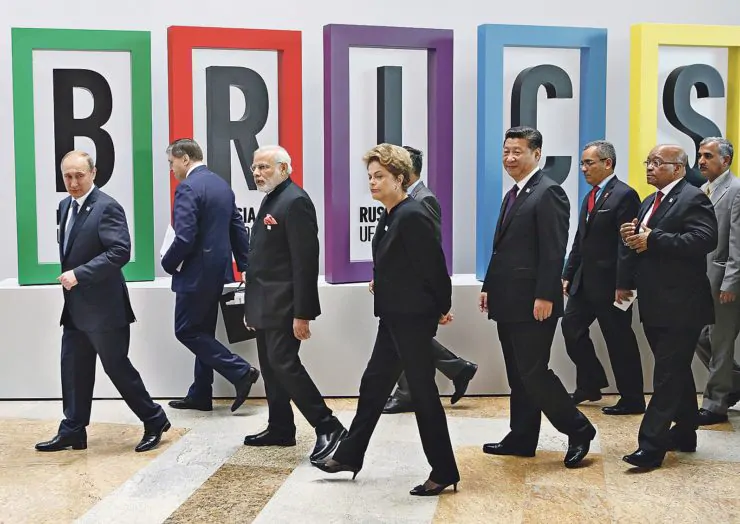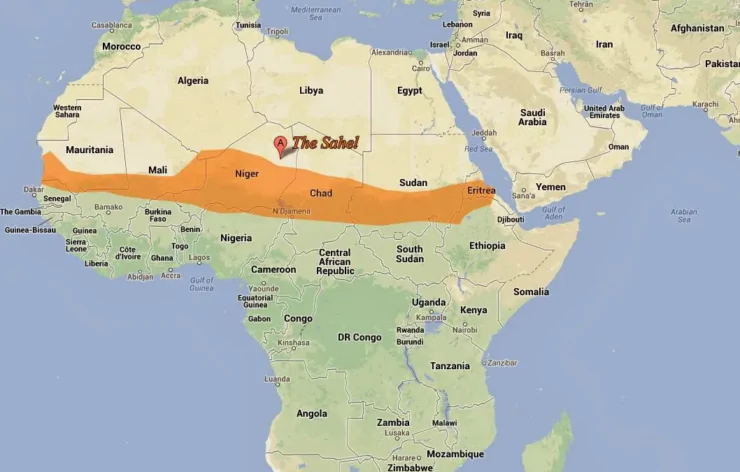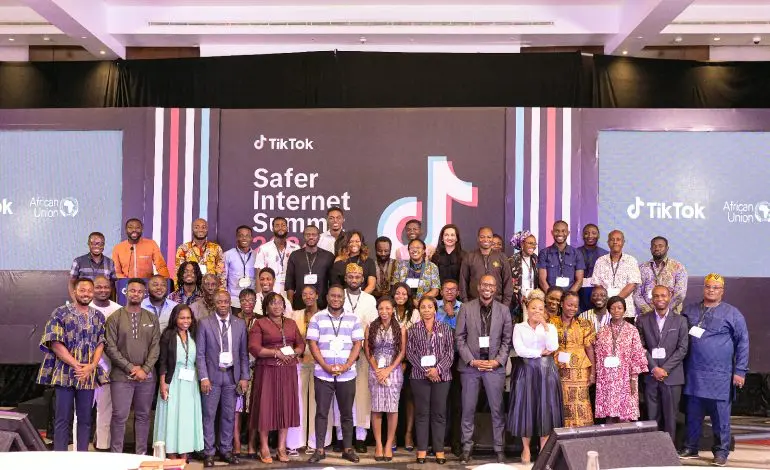Interview with Dr NOUALA FONKOU Simplice, head of the agriculture and food security division at the

During the 15th meeting of the Comprehensive Africa Agriculture Development Program (CAADP) Partnership Platform, 2RP met with Dr Nouala Simplice, (Head of Agriculture and Food Security Division) on the missions of the Rural Economy Department of the African Union Commission, and on the future of agriculture in Africa. The said meeting was held in Nairobi, Kenya, from 11 - 14 June 2019.
Journalist: What are the ultimate goals of the Department of Rural Economy and Agriculture at the African Union?
Dr. Nouala: First, we need to put the department in context. The AUC Department of Rural Economy and Agriculture has three divisions: agriculture and food security; rural economy; and environment, climate change and water. The Department's objective is to accelerate the transformation of agriculture in Africa, ensure sustainable rural development and promote sustainable environmental management, address climate change issues of water and others. In view of all this, our department's programme therefore aims to contribute to the objectives of the African Union's Agenda 2063. Speaking of agriculture, the department monitors the implementation of the commitments made by the States in Malabo in 2014 on the transformation of agriculture. There are 7 of them (coordination and coherence of agricultural policy; investment in agriculture; elimination of hunger on the continent by 2025, halving poverty in Africa by 2025, tripling intra- and inter-regional trade in agricultural products by 2025, improving the resilience of farmers', herders' and fishermen's production systems to different climate challenges; mutual accounting). After monitoring the implementation of these commitments in the various countries of the continent, we draw up reports every two years that we present to the Heads of State during their summit.
Journalist: What does your department plan to do to meet the challenges of training young people in agricultural professions in Africa?
Dr. Nouala: We have to face the facts, the peasant population today is aging. For this reason, we encourage young people to get involved in agriculture so that they perceive it as a business to efficiently develop the economy of their respective countries. To this end, we are trying to make the rural environment attractive to young people. We provide them, with the help of our partners, with electricity, running water, internet, hospitals etc.... then we set up a program to encourage young people to get involved in agriculture. In terms of training, we work with the departments that deal with youth (technology and science, social affairs, etc.) to set up exchange and continuing training programmes. The aim is to share the knowledge that both have, to improve their way of doing profitable and sustainable agriculture.
Journalist: What is the policy of the Department of Rural Economy and Agriculture, at the African Union, in terms of supporting African youth in the development of agriculture on the continent?
Dr. Nouala: We have a whole program on young and agricultural entrepreneurship called "agricultural incubators". Through this program, we are working with banks to provide credit to young people who want to start farming. We then facilitate their access to the local, regional and international market, and above all we facilitate their access to the processing of their products. Beyond all this, we are sensitizing people to buy and consume African products. Because it is important to know that Africa imports 30 to 40 billion dollars a year in terms of food. And when we import, not only do we send our foreign exchange abroad, but we export labour, which contributes to increasing unemployment in our country because our own people will work where we import. Our role is also to close the valve. Stop the process.
Journalist: How did African countries welcome CAADP? And did you perceive any changes in the way African politicians perceive the program?
Dr Nouala: Adopted in 2003 in Maputo, the beginning was very difficult, because it required changes in the way people think and farm. In the period 2003-2013, there were only 8 countries that had embraced CAADP, developing investment plans, about ten countries had invested 10% in agriculture, there were about ten countries that had achieved the 6% annual growth in agriculture that we wanted. I think that the food crises that occurred on the continent in 2008 have shaken things up. That is why the declarations with the Malabo Heads of State were declarations of actions. Because there were clear objectives to be achieved in the long term. And today, there is a visible change. Almost all countries have embraced CAADP, many are already investing in agriculture, and then agricultural growth is on the rise, although much remains to be done. Today, policies are more aware of the merits of investing in this sector. With the ZLEC, Africa will trade at least 80% of its agricultural products...
Journalist: What is your schedule of activities for the next 4 to 5 years?
Dr Nouala: We will continue to provide technical support to countries to ensure that the Malabo objectives are achieved. We will continue to engage technical and financial partners to provide effective support for agricultural transformation. We will continue to work further with governments to ensure that African countries formulate coherent policies to achieve the objectives set by the Heads of State and Government in Malabo (2014). Finally there will be more actions instead of words.
























